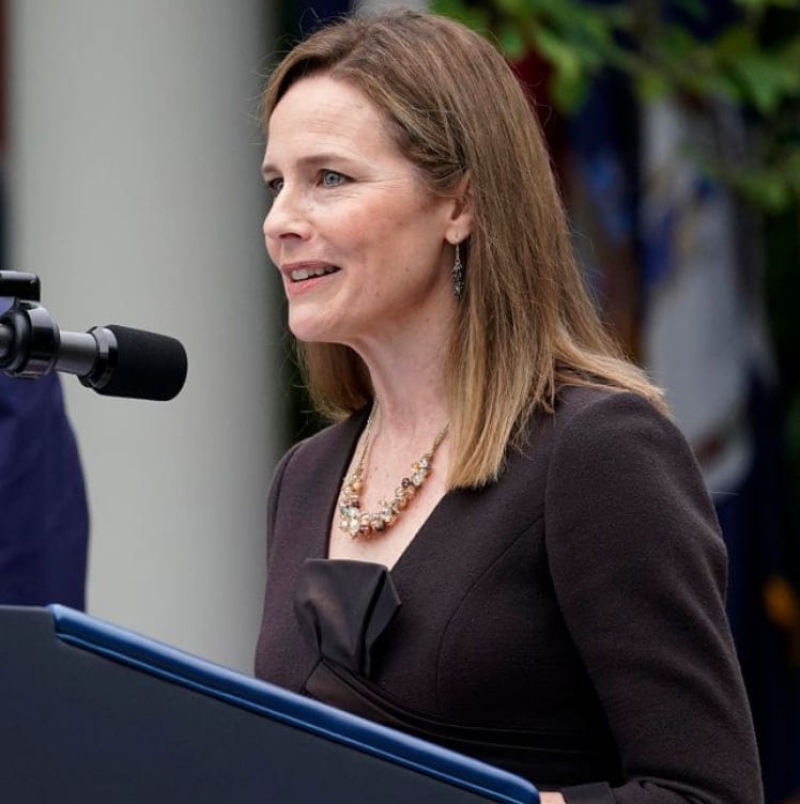
Day one of Amy Coney Barrett's Confirmation hearing occurred this past Monday on Capitol Hill in Washington D.C.
All 22 Democrats and Republicans of the Senate Judiciary Committee gave their opening arguments for the Supreme Court Judge appointment, along with Barrett herself. The Committee seemed very divisive on their opinions, even the chairman of the Senate Judiciary Committee, Lindsey Graham, reminisced of the days when a single candidate could receive overwhelming bipartisan support such as in the case of the late justice Ruth Bader Ginsberg.
While no Supreme Court nominee had ever been confirmed past July of an election year before, Graham did note that Justice Ginsberg did not see this issue to be consequential. "Justice Ginsburg, when asked about this several years ago, said that a president serves for four years, not three."
Graham continued, stating, "There is nothing unconstitutional about this process. This is a vacancy that has occurred through a tragic loss of a great woman and we're going to fill that vacancy with another great woman."
Barret herself expressed her admiration for late Justice Antonin Scalia and his belief that "a judge must apply the law as it is written, not as she wishes it were." Additionally, she explained her thought process when looking at a case. "I ask myself how I would view the decision if one of my children was the party I was ruling against. Even though I would not like the result, would I understand the decision was fairly reasoned and grounded in law? That is the standard that I set for myself on every case and it is the standard that I will follow so long as I am a judge on any court."
However, Senator Dianne Feinstein of California expressed concerns that Barrett would remove the Affordable Care Act set up under the Obama Administration. She even stated, "Simply put, I believe we should not be moving forward on this nomination, not until the election has ended and the next president has taken office."
These sentiments were shared by Senator Kamala Harris as well, articulating that "Senate Republicans have made it crystal clear that rushing a Supreme Court nomination is more important than helping and supporting the American people who are suffering from a deadly pandemic and a devastating economic crisis. Their priorities are not the American people's priorities."
While many of the Democrats on the Committee were against confirming Barrett, Senator Joni Ernst, a Republican from Iowa, countered by explaining that Democrats are deliberately working to "undermine, coerce, and confuse the American people."
Suffice it to say, deliberations this Monday were indeed tense, as Graham predicted in his closing remarks, "This is going to be a long, contentious week. I would just ask one thing of the committee: To the extent possible, let's make it respectful, let's make it challenging, let's remember the world is watching."

















